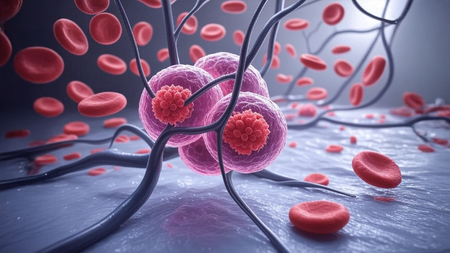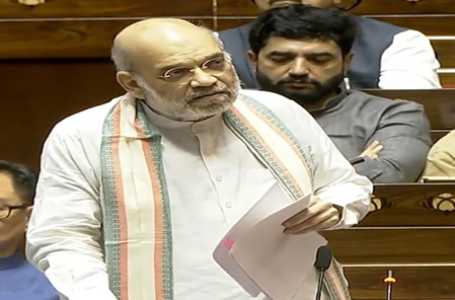
New Delhi: A team of researchers from Singapore has developed a new artificial intelligence (AI)-based method that makes tracking cancer easier and faster-using blood tests.
The method called “Fragle”, developed by a team from the A*STAR Genome Institute of Singapore (A*STAR GIS), requires only a small blood sample, and analyses the size of DNA fragments in the blood to reveal distinct patterns that differentiate cancer DNA from healthy DNA. This can help doctors track cancer treatment responses more accurately and frequently.
“Just as scientists tracked Covid-19 outbreaks by detecting viral particles in wastewater, Fragle analyses DNA fragments in blood to monitor cancer treatment response and detect relapse early,” said lead author Dr. Anders Skanderup, Senior Principal Scientist at A*STAR GIS Laboratory of Computational Cancer Genomics.
Existing methods for measuring cancer DNA in the blood, also known as circulating tumour DNA (ctDNA), often require complex and expensive DNA sequencing to screen for common cancer mutations. However, because cancer mutations vary between patients, test results can be inconsistent, making it difficult for doctors to track cancer treatment response with blood tests effectively.
On the other hand, Fragle uses AI to analyse the size of DNA fragments in the blood.
Cancer DNA tends to exhibit different size patterns compared to healthy DNA, and the Fragle AI-model can identify these differences using very small amounts of DNA. As a result, the method allows for faster and more affordable cancer tracking, said the researchers in the paper, published in the journal Nature Biomedical Engineering.
It has also demonstrated high reliability, delivering accurate results across blood samples from hundreds of cancer patients and distinct cancer types. In addition, the method is versatile and compatible with most DNA profiling techniques commonly used in hospitals or offered by commercial providers.
In an ongoing study of more than 100 clinical trial patients, the GIS-NCCS team is using Fragle to monitor ctDNA levels every two months during treatment, with the aim of catching signs of relapse before they appear on routine scans.
The team is also studying whether early changes in ctDNA can identify which patients are likely to have a favourable or poor response to the therapy. The goal of the study is to assess the value of incorporating ctDNA tests in routine monitoring of cancer patients during treatment.
IANS


















